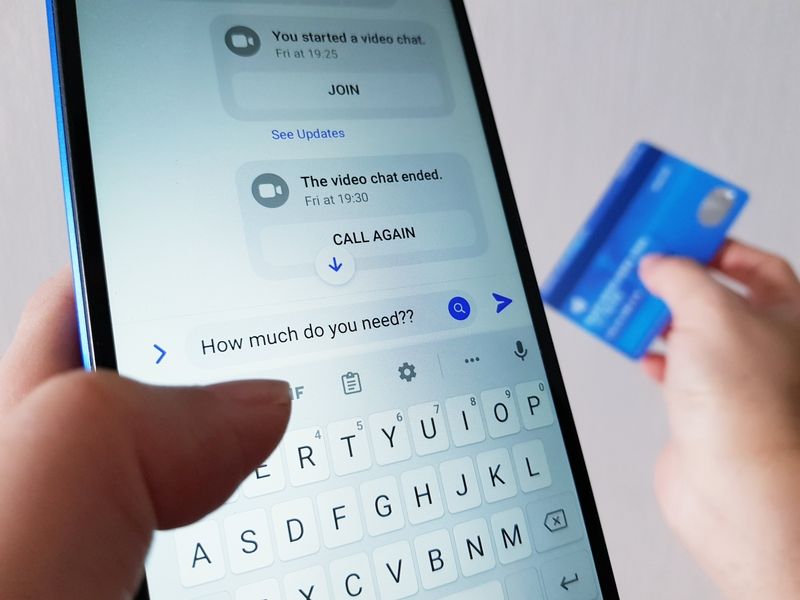A new modus by unscrupulous individuals operating at the Ninoy Aquino International Airport (NAIA) was uncovered and the Bureau of Customs (BoC) warned the general public to watch out and be on the alert.
The fresh warning from the BoC said the culprits who pretend to be foreigners get in touch with their contacts to report that they need a hefty sum as, on arrival, they are detained at the airport.
First, the scammers would befriend a potential victim online, court her, send gifts to earn trust, and then "arrange a flight" to the Philippines, or send in goods for the victim.
As part of the modus, these alleged foreigners arrive and eventually "get in trouble" with Customs authorities.
From there, on the supposed arrival, the victim will receive a call from someone pretending to be a Customs official, explaining that his or her "foreign friend" is in trouble, demanding money "for clearance" to be electronically sent right away.
But after sending the amount of cash, the victim loses contact with the foreign friend.
"This type of transaction is a new modus of love scam," the Port of NAIA stated in its latest public advisory.
In the past, members of the love scam syndicate preyed upon trusting social media users by using the images of high-ranking Customs officials.
According to BoC-NAIA, in their latest reports, culprits stole images of Customs officials based at NAIA and used their names to collect money for what they claimed to be clearance fees for the bureau's release of shipments.
The bureau clarified it does not collect any fees or charges through Gcash or money remittance services.
"Payment of Customs duties and taxes is through authorized agent banks or BoC cashiers, who are given the corresponding official receipt for the payments paid."
The bureau said that it has been receiving reports about the scheme through online, email, text messages, and phone calls.
The callers usually complained about packages or parcel shipments being "held by Customs," which were supposedly sent to them by their "chatmates" or "online friends."
The syndicate gets in touch with prospective victims online via chat or dating websites.
After gaining the trust of their would-be victims through several weeks or months of "courting," the perpetrators would send a message to their victims through email, promising to send gifts ranging from luxury bags to jewelry, laptop computers, and other electronic gadgets via international door-to-door parcel.
#NewModus #ModifiedTactics #WouldBeVictims #BOC #NAIA #LoveScam #OpinYon

